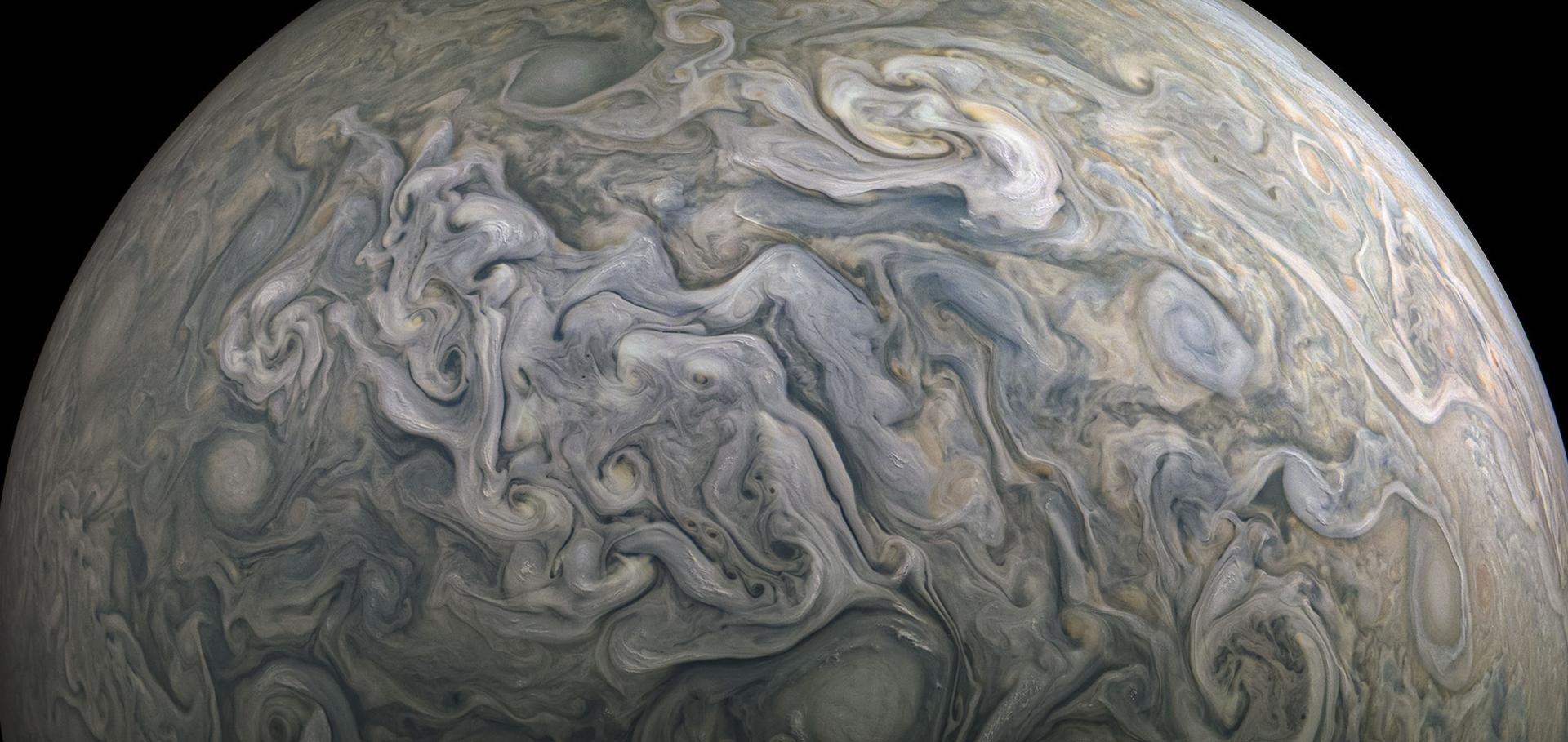Unravelling the role of increased model resolution on surface temperature fields using explainable AI
Copernicus Publications (2025)
Emulation of sub-grid physics using stochastic, vertically recurrent neural networks
Copernicus Publications (2025)
Advancing Organized Convection Representation in the Unified Model: Implementing and Enhancing Multiscale Coherent Structure Parameterization
(2025)
High-Resolution Model Intercomparison Project phase 2 (HighResMIP2) towards CMIP7
Geoscientific Model Development Copernicus Publications 18:4 (2025) 1307-1332
Environmental conditions affecting global mesoscale convective system occurrence
Journal of the Atmospheric Sciences American Meteorological Society 82:2 (2025) 391-407


